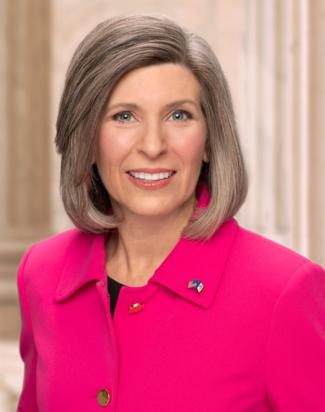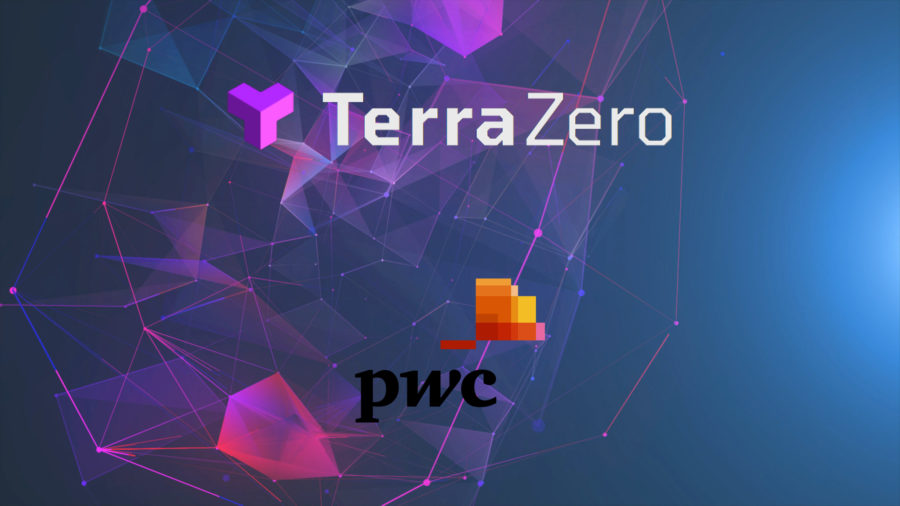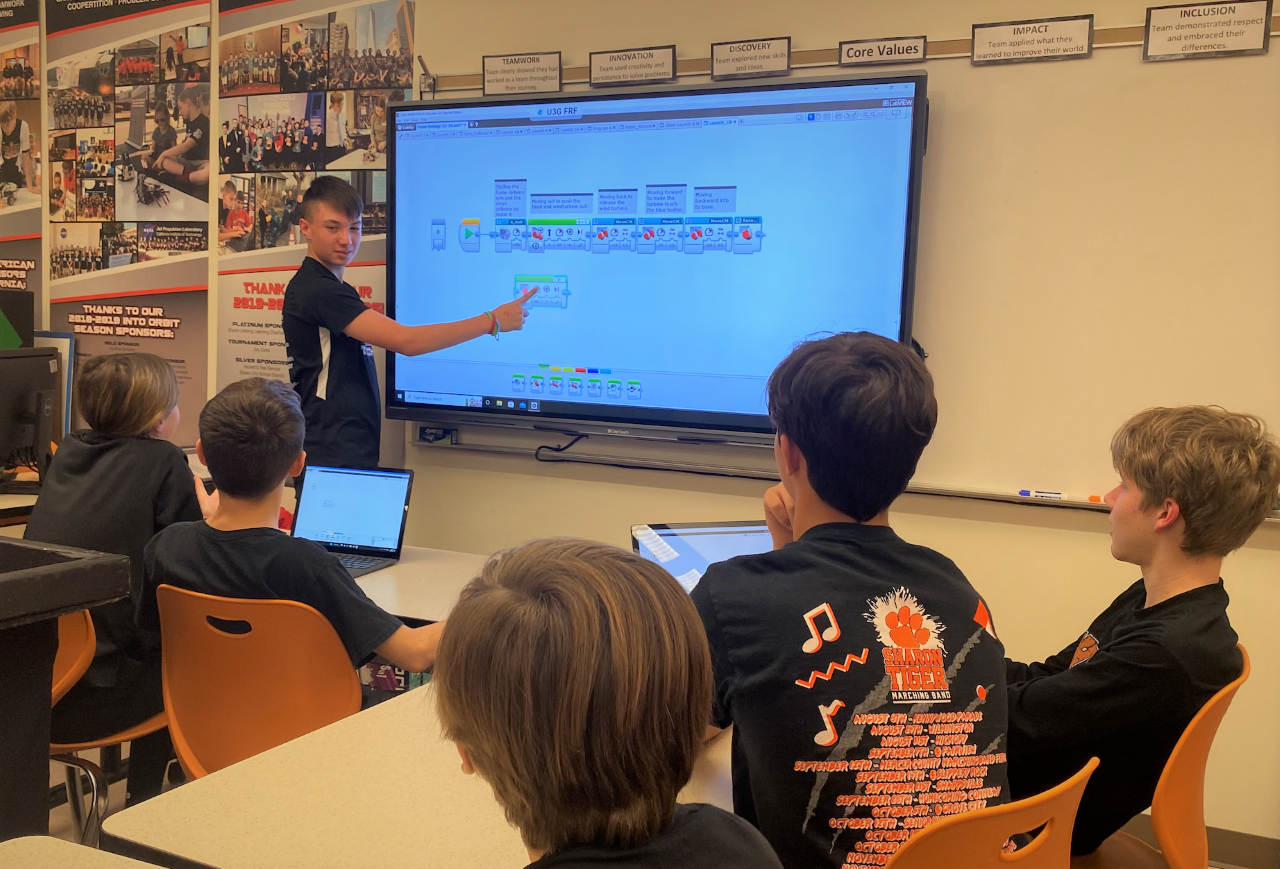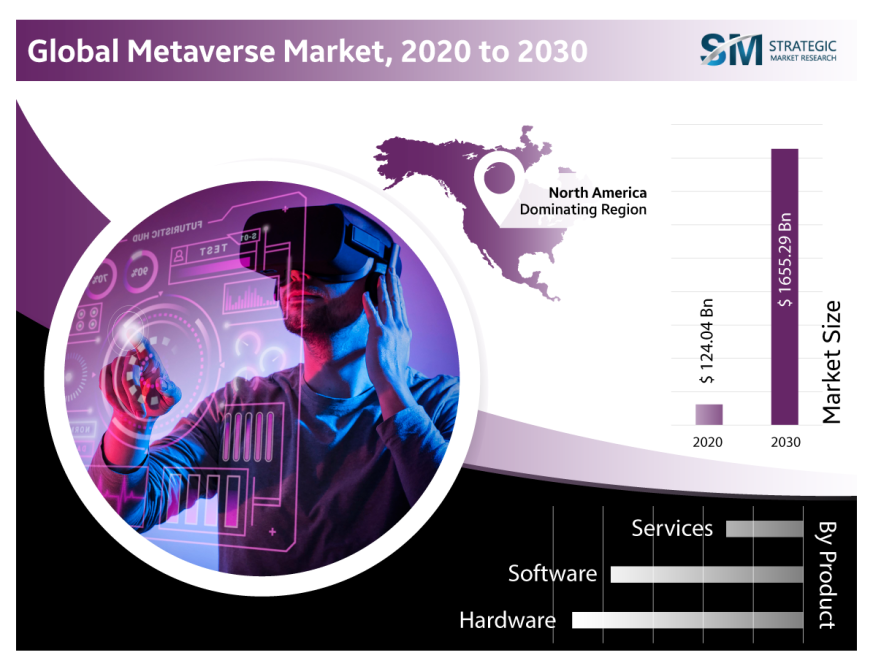
Throughout her time as a human rights lawyer, Laura Bingham noticed the way in which new applied sciences might deepen inequalities — from how tech will be weaponized towards non-white racial teams, to which individuals see earnings from new tech’s growth.
Bingham is now the chief director of the brand new Institute for Regulation Innovation and Know-how (iLIT) at Temple College’s Beasley College of Regulation, the place she needs to ensure her college students are lively in contemplating how the disciplines of regulation and expertise intersect.
Kicked off with the 2021-2022 educational yr, iLIT has a mission to fight inequality by tasks associated to expertise and society in authorized training and authorized observe. Bingham stated the institute is working towards a future wherein expertise serves the presently underserved, and is made each by and for these communities.
“The intuition that’s driving a number of how I’m constructing this establishment,” Bingham stated, “is that an increasing number of individuals who don’t have a tough tech background have to deliver instruments into this dialog concerning the relationship between expertise and human life.”
Since beginning the institute, the ED has employed a handful of scholars employees and spearheaded a number of tasks working towards its objectives.
iLIT launched the William J. Merritt Fellowship, which helps two college students per yr, from January to December, to conduct guided analysis on a expertise, regulation and society matter of their selecting. The fellows obtain a mixture of monetary assist and stipend help. The primary two fellows had been recruited within the spring 2022 semester: One is finishing a venture about knowledge privateness and courting apps, and the opposite is researching racial discrimination and policing expertise.

On campus. (Picture by way of fb.com/templeu)
iLIT additionally joined a collaboration with the Stephen and Sandra Sheller Heart for Social Justice at Temple Regulation College, working with the Systemic Justice Challenge throughout the middle to analysis policing expertise. They’ve been how police are buying and utilizing, or not utilizing, newer applied sciences resembling mobile phone knowledge extraction instruments, surveillance footage, facial recognition instruments, and predictive policing throughout the Philadelphia space.
And iLIT launched a practicum course in partnership with the Open Society Basis the place college students are amassing proof to help litigation for a case associated to biometric surveillance expertise. They’ve additionally run a doctrinal colloquium course for teachers and practitioners to discuss their present work, giving college students a take a look at totally different points of expertise inside regulation.
Bingham stated she’s excited to be in Philadelphia as a result of it looks like a metropolis the place such an org can create actual change. Temple, too, feels to her like an establishment that locations worth on sensible expertise for regulation college students. She loves mentoring, coaching and supporting the expansion of younger professionals, however has additionally loved constructing one thing from scratch.
“I noticed the chance to construct one thing that was a authorized empowerment initiative, and work immediately with college students who’re very shut and far nearer to communities, they usually’re coming into a spot like Temple that has this ethos of social justice,” she stated. “I discovered that our college students do have a drive for change, which was one thing that I hoped I might discover, and so I used to be very delighted that I did in truth, discover it.”
-30-





